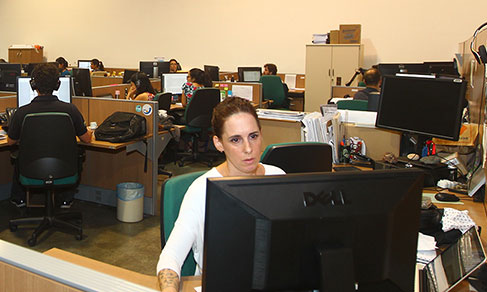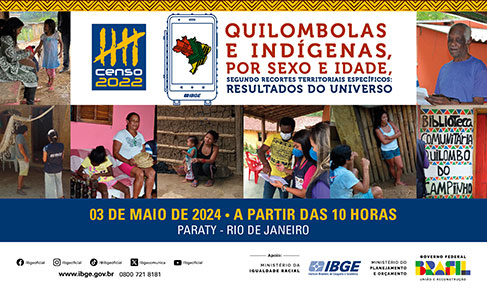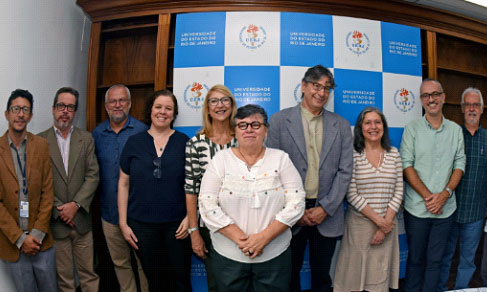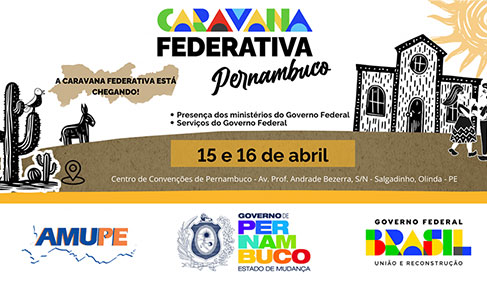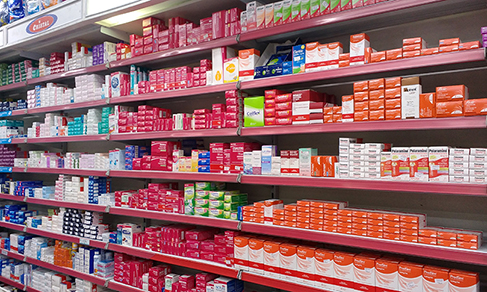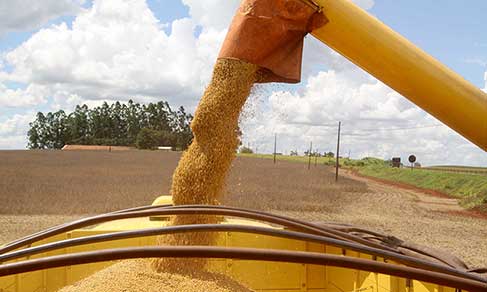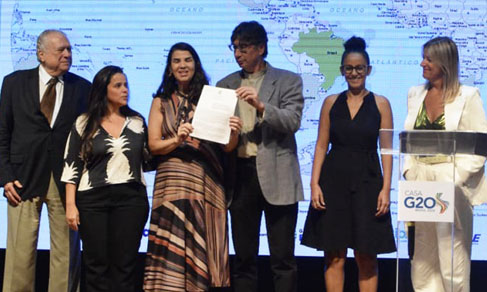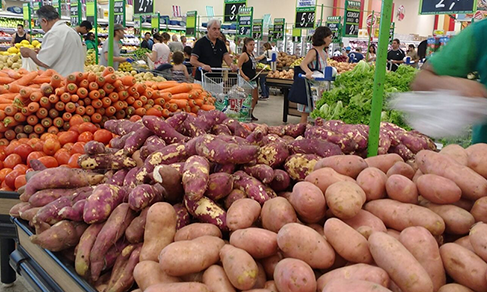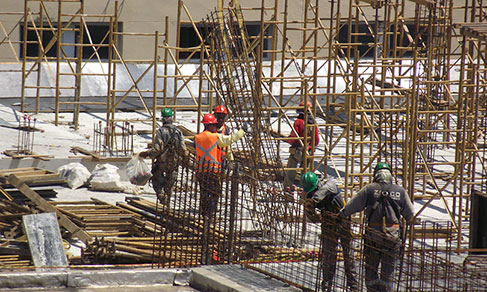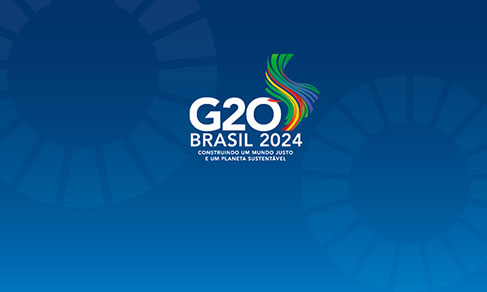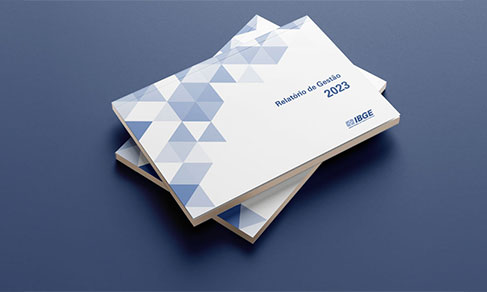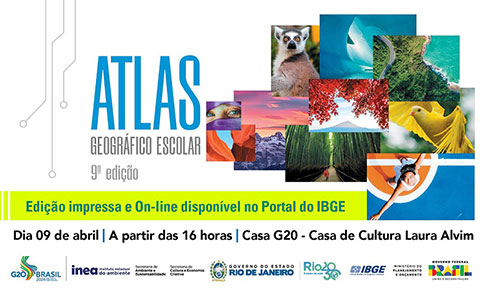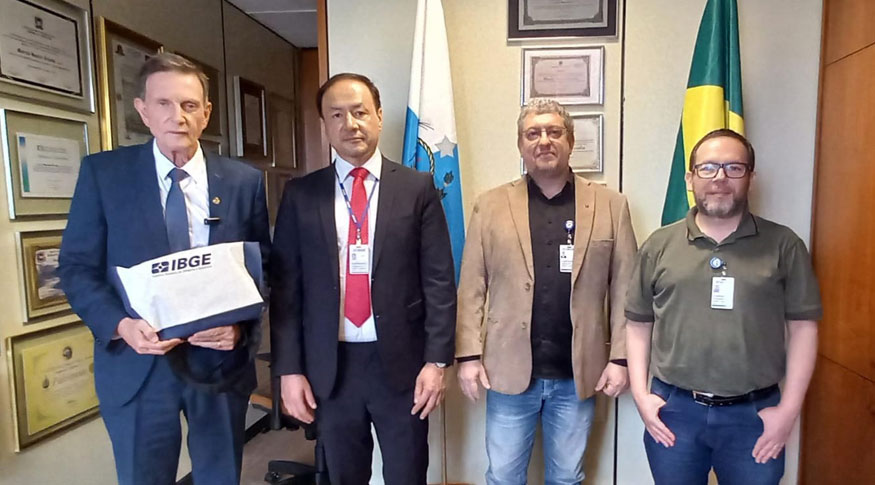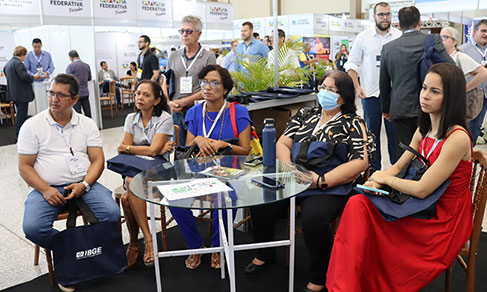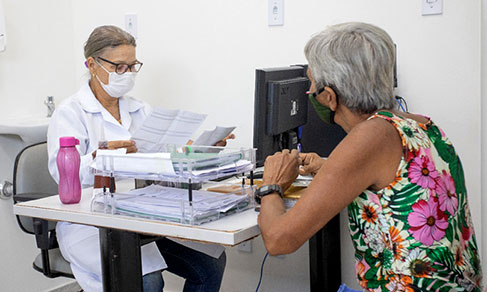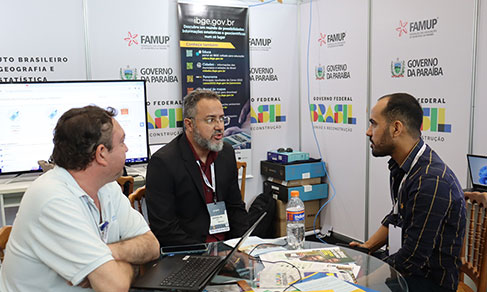[Retratos] SDG4: education of quality, inclusive and egalitarian
March 12, 2018 09h00 AM | Last Updated: March 12, 2018 12h29 PM
Education has the power to eliminate poverty, transform lives and foster advances in every Sustainable Development Goal - SDG. An especial SDG for education – with targets like ensuring the development of quality in the early childhood, completing primary and secondary education for every child, equal access to the technical, professional and higher education of quality for every man and woman – that leverages the other goals. Betina Fresneda, PhD in Sociology, is the IBGE researcher in charge of articulating the SDG 4. She told Retratos Magazine the ways and challenges to follow up the Education 2030 Agenda.
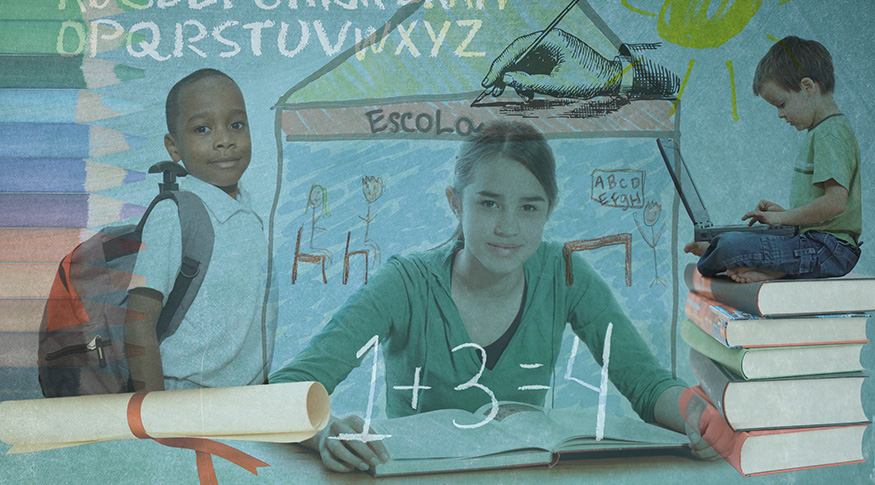
Retratos Magazine: What are the challenges for building the follow up indicators to the Education 2030 Agenda?
Betina Fresneda: The Education 2030 Agenda was extremely ambitious, shifting the focus from traditional quantitative indicators, like access to school, to qualitative indicators, which aim at measuring the educational results in terms of performance at different levels of schooling and age. Brazil advanced a lot in terms of producing data on education quality, from large scale assessments developed by the National Institute for Educational Studies and Research Anísio Teixeira - INEP/MEC. However, there are still information gaps on strategic themes, such as child development, and functional and computational illiteracy of youngsters and adults.
Retratos: How to measure education in a qualitative way?
Betina: Due to the complexity, most indicators that comprise the SDG 4 do not have a methodology defined at the international level. This means that, in the case of indicators of quality, there is still not a global metrics that establishes the minimum performance expected for each indicator. For instance, the Global Alliance to Monitor Learning – developed by Unesco to support the countries to carry out the SDG 4 – is discussing which would be the adequate performance level in reading, writing and mathematics above which an adult is not considered a functional illiterate.
Retratos: What is the role of the IBGE in the development of these indicators?
Betina: In addition to the 11 global indicators of the SDG 4, there is an additional set of 32 thematic indicators established in the Unesco´s 2015 General Conference. Most of them still require conceptual and methodological definitions. In order to support the implementation of the global and thematic indicators, the Unesco Institute for Statistics created the Technical Cooperation Group on the Indicators for SDG 4 in 2016. The IBGE represents Brazil in this group and has been contributing to the development of methodologies in partnership with INEP/MEC. In this respect, there is a long way to go in terms of establishing the global and thematic indicators required to follow up the SDG 4 goals.
Retratos: Which indicators does the IBGE already have to follow up the SDG 4 goals?
Betina: The advance in the production of data by the IBGE to compute the indicators of the SDG 4 depends, to a great extent, on the shared definition of the methodologies at the international level. Of the 11 global indicators, nine of them depend on the production of national data. Due to the complexity of the global indicators, only three of them already have an international methodology and only one depends on the IBGE data: attendance to mainstream education one year before the official entrance age in the primary education (4.2.2). In Brazil, this indicator represents the percentage of the population aged 5 years who attends school. According to the data from the 2016 Continuous PNAD, this percentage was close to universalization, hitting 94.4% of the children aged 5 years at school.
Retratos: Is the National Education Plan - PNE in line with the SDG 4?
Betina: In general terms, the National Education Plan is in line with the SDG 4 inasmuch as both prioritize the access, quality and educational results in an inclusive and egalitarian way. Nevertheless, the indicators that follow up the PNE strategies do not necessarily match the global indicators of the SDG 4. The systematic mapping of the global and thematic indicators for the SDG 4 in relation to the PNE should be presented at the 3rd Meeting of Information Producers Aiming at the 2030 Agenda.
Get more information on the SDG 4 in the IBGE Explains special series



